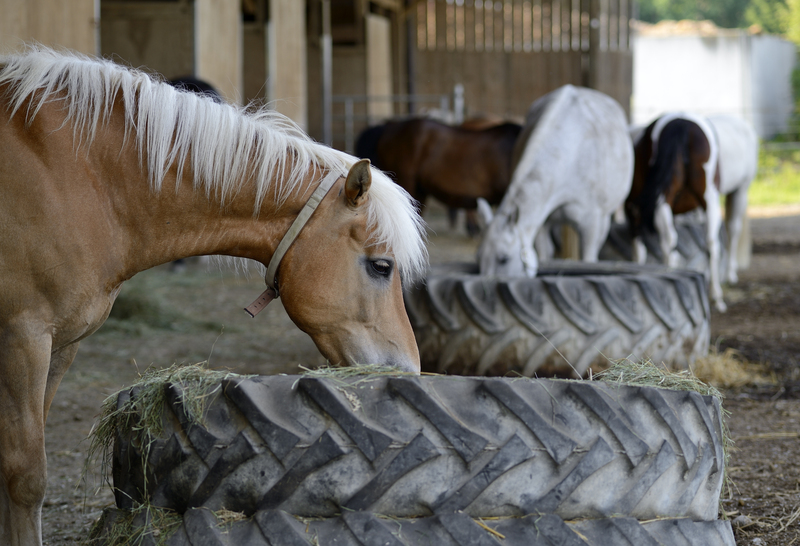Minimize Green Waste: Top 10 Eco-Conscious Strategies
As the world becomes increasingly aware of the environmental impacts of human activity, the need to minimize green waste becomes ever more pressing. Substantial amounts of yard debris, food scraps, and other organic materials contribute significantly to landfill volumes, generating harmful methane gas as they decompose in anaerobic conditions. By adopting sustainable practices, individuals, communities, and businesses can reduce their ecological footprint. Here are the top ten methods to implement these eco-conscious strategies.
1. Composting: Transform Waste into Valuable Soil
Composting is one of the most effective ways to reduce green waste. By converting organic scraps and yard waste into nutrient-rich compost, you not only minimize waste but also create a valuable resource for gardens and landscaping.
- Home Composting: Designate a compost bin or pile in your backyard where food scraps, grass clippings, and leaves can decompose.
- Community Composting: Get involved in local initiatives if space or conditions in your home are not suitable for composting.
- Vermicomposting: Use worms to speed up the decomposition process, suitable for small spaces and indoor environments.

2. Mulching: Enhance Your Garden's Health
Mulching involves covering the soil with organic materials such as leaves, grass clippings, or wood chips, which helps retain moisture, reduce erosion, and suppress weeds.
_Mulch_ also returns nutrients to the soil as it breaks down, promoting a self-sustaining ecosystem in your garden.
3. Grasscycling: A Simple Lawn Care Practice
Grasscycling refers to leaving grass clippings on your lawn after mowing instead of bagging them for waste disposal. The clippings quickly decompose and return nutrients to the soil, reducing the need for fertilizers and irrigation.
4. Perennial Planting: A Low-Waste Gardening Alternative
Consider planting perennials instead of annuals in your garden. Perennials live for multiple growing seasons, reducing the need to replant yearly, which can minimize gardening waste significantly.
5. Smart Purchasing: Shop with Intent
Minimizing green waste starts with being mindful of what you bring home. Plan meals to avoid overbuying, opt for products with minimal packaging, and select items that can be fully utilized.
Buy Local and Seasonal: Supporting local farmers reduces the distance your food travels, which diminishes waste produced during transportation and storage.
6. Creative Repurposing: Give New Life to Old Items
Think creatively about reusing and repurposing items before discarding them. For instance, use old dishes as plant saucers, or convert a broken ladder into a vertical plant stand.
Upcycling reduces waste and breathes new life into previously discarded items, contributing to a circular economy.
7. Implement a Food Waste Recovery System
Setting up a system for capturing and redistributing food waste can minimize what ends up in the trash.
- Donate Surplus Food: Connect with local food banks or charities to donate excess food.
- Animal Feed: Some food scraps can be safely fed to livestock.
- Biogas Production: Certain facilities convert organic waste into renewable energy.
8. Lawn and Garden Design: Less is More
Reduce the frequency of yard waste by designing landscapes that require minimal maintenance.
- Incorporate native plants which are adapted to local climates and require less upkeep.
- Establish no-mow zones and plant wildflower gardens that are low maintenance and wildlife-friendly.
9. Zero-Waste Landscaping: Sustainable Hardscapes
When designing outdoor living spaces, opt for sustainable materials and practices that produce minimal waste.
- Choose durable materials that don't need frequent replacement.
- Implement permeable paving solutions to manage water runoff effectively.

10. Educational and Community Involvement
Engaging with your community and spreading awareness can amplify efforts to minimize green waste.
- Workshops and Seminars: Attend or organize local events that focus on waste reduction practices.
- Participate in community clean-up days or tree planting sessions.
- Share knowledge on social media platforms, reaching a larger audience.
Education is key to producing long-term changes and building a culture of sustainability.
Conclusion: A Collective Call to Action
Addressing the impact of green waste requires conscious decision-making and a commitment to sustainable practices. By implementing these top ten eco-conscious strategies, we can each contribute to a healthier planet.
The commitment may require a shift in habits but yields rewarding outcomes for the environment and future generations, proving that every small step counts towards sustainable living.